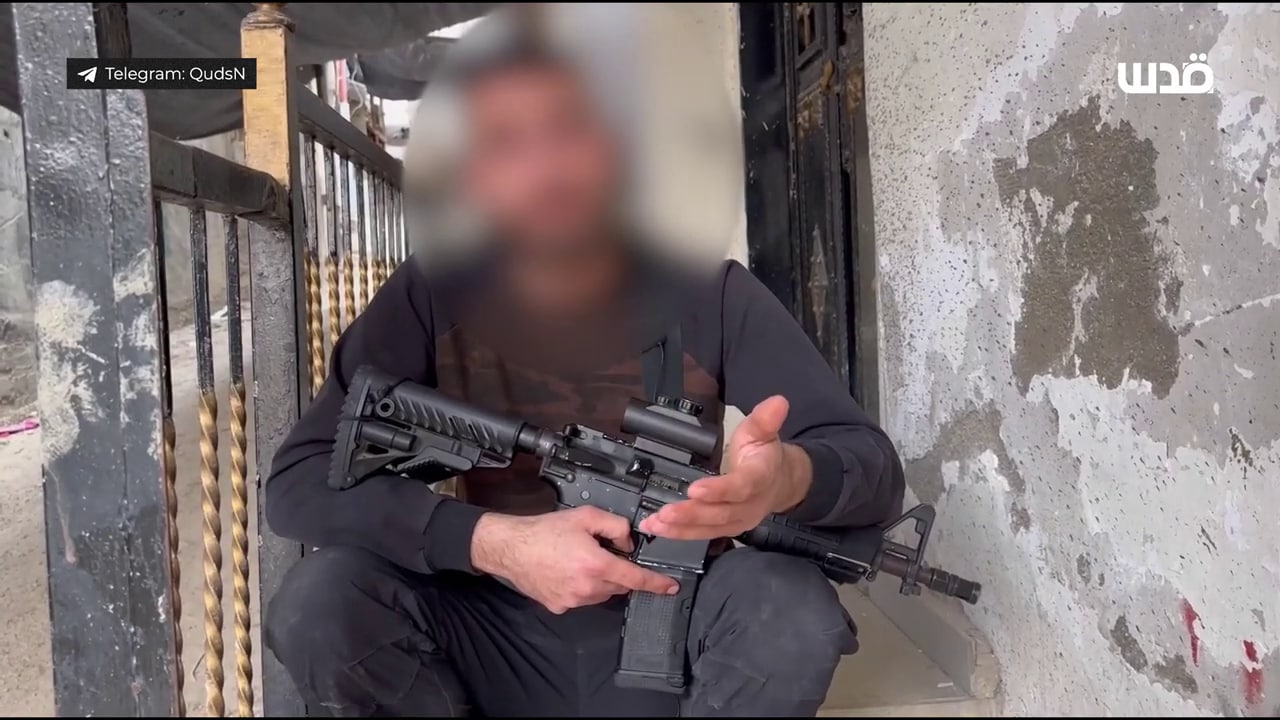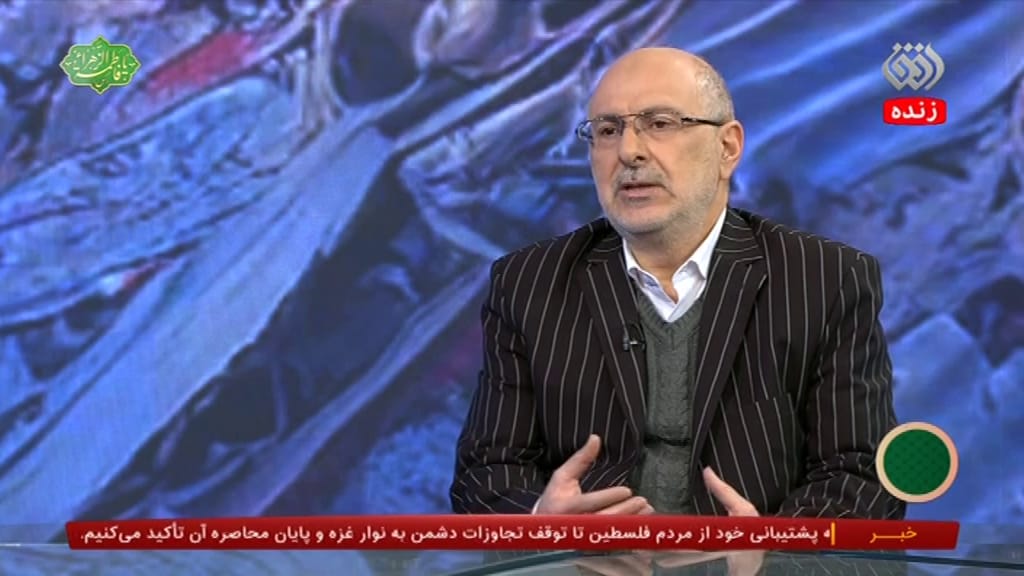
The following are excerpts from an interview with New York Times columnist Thomas Friedman, which aired on Al-Jazeera TV on August 29, 2005
Friedman: If we don't deal with extremism in our community from the spiritual level to the political level to the educational level, if we don't call extremism by its real name, and respond to it, then we're going to pay the price for it. We're not alone in that, OK? And the Arab Muslim world has to take responsibility for its extremists, and not just say: "That's not Islam." OK. Well then, it is Islam. That's been the problem. And you can't say: "These people aren't us, we have nothing to do with them." OK? Because they are speaking and they are acting in the name of Islam. I don't think that's Islam, it doesn't correspond to the Islam I know, but they're the ones saying that. It's Bin Laden and Al-Qaeda that is making a religious argument, and if other Muslims don't speak up and call that - delegitimize it - by its real name, then inevitably, inevitably, people in the West and other places are going to say: "If you won't draw a line, then we will." I don't want that to happen at all, but I fear it will happen.
[...]
Host: According to this logic, the Arab world would say that since no Jew, or Jewish or Israeli rabbi, has condemned Baruch Goldstein for massacring the Palestinian worshippers in the Al-Ibrahimi Mosque, we are permitted to do whatever we want to any Jew. You need to solve this problem. I think that promoting this kind of logic is dangerous.
Friedman: It's very simple, Hafez. Osama Bin Laden killed 3,000 people in New York City, doing great damage to New York but doing even worse damage, or at least equal damage, to the whole Muslim world.
Salman Rushdie wrote a novel, in which he discussed the Prophet Muhammad. Salman Rushdie had a fatwa put on his head – a death sentence – not once but on several occasions. Show me one example of a fatwa condemning Osama Bin Laden. Show me one example of a fatwa condemning Zarqawi in Iraq. If you want to talk about Baruch Goldstein then let's talk about him. The whole Israeli state, the whole Israeli religious establishment completely denounced, rejected, and condemned Baruch Goldstein for what he did. Yes, there are lunatics, there are lunatic rabbis, I'm sure, that supported this deed, but the state reacted. Show me where the Arab states, the Arab religious establishment, has stood up in condemnation of Bin Laden. Give me one example, just one.
[...]
The Arab world is free to sell oil anywhere it wants. My hope for the Arab world is that it won't rely on oil, that it will be able to develop indigenous economies, based on tapping not oil wells, but the brains, the intelligence, the innovative power, the creativity of Arab men and women. That's an oil well that never runs dry. This oil well, of Yamani - it will run dry one day. And then what? And what my book is about is that if you want to succeed in a "flat world" you need to be able to drill this. This is what matters. Not this oil well.
Host: I don't want to be misunderstood when I say that Bin Laden used (his brain) because even the 9/11 commission said that "we had an imagination of failure, a failure of imagination" – that our imagination was weaker than that of those who carried out the awful deed of 9/11. The people who planned that deed, must have used this...
Friedman: Sure, I'm sure Bin Laden is a very smart man. I'm sure he's a genius in his own way. But producing what? Is he building some future that the Iraqi people can replicate? Has he built Google, has he built Yahoo? Has he built Infosys in India? Has he built anything that will last, that young Arabs and Muslims can aspire to, can build a future on? There are a lot of geniuses. I'm sure that the people who blew up the Oklahoma City federal building in America are geniuses and figured out how to use fertilizer to blow up a building. But what good is that? Can you build a society on that?













